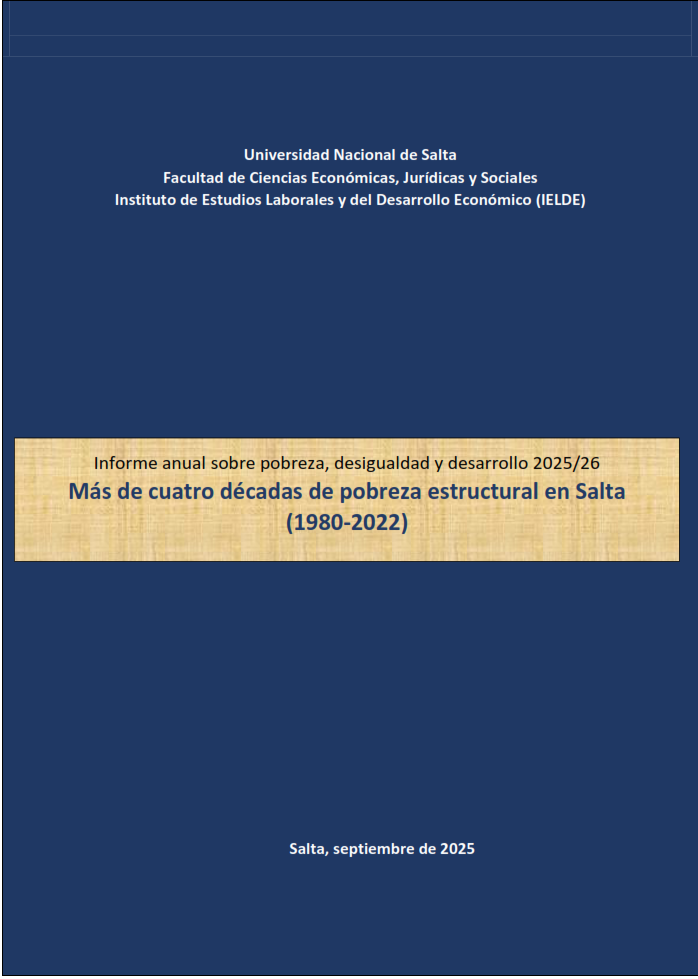Nro. 1, 2008. Eugenio Martínez, Raúl Mejía y Eliseo Pérez Stable: Elasticity of cigarette demand in Argentina: An empirical analysis using vector error-correction model.
Objective: To estimate empirically the short and long-term effects on cigarette demand in Argentina based on changes in cigarette price and income.
Method: We analyzed data from the Ministry of Economy and Production of Argentina. Analysis was based on monthly time-series data between 1994 and 2004. The econometrics specification is a linear double-logarithmic form using cigarettes consumption per person older than 14 y. as dependent variable and real income per person older than 14 y. and the real average price of cigarettes sales as independent variables. Empirical analyses were done in three steps: 1) To verify the order of integration of the variables using the augmented Dickey-Fuller test; 2) To test for co-integration using the Johansen-Juselius maximum likelihood approach to capture the long-term effects; and 3) To utilize the Vector error-correction model to capture the short-run dynamics of the variables.
Results: The empirical results showed that in the long-term period the demand for cigarettes in Argentina is affected by changes in real income and real average price of cigarettes. The value of income elasticity is equal to 0.54 while the value of own-price elasticity is equal to -0.34.
The results using vector error-correction model estimation suggest that the short-term cigarette demand in Argentina is independent of price (not statistically significant). The value of the short-term income elasticity is equal to 0.49.
A simulation exercise show that increasing the prices in a 120% we can obtain a maximum of revenues from cigarette tax and obtain also a big impact in the fall of the total consumption of cigarettes in the country.
Descargar: Documento de trabajo N°1 IELDE

